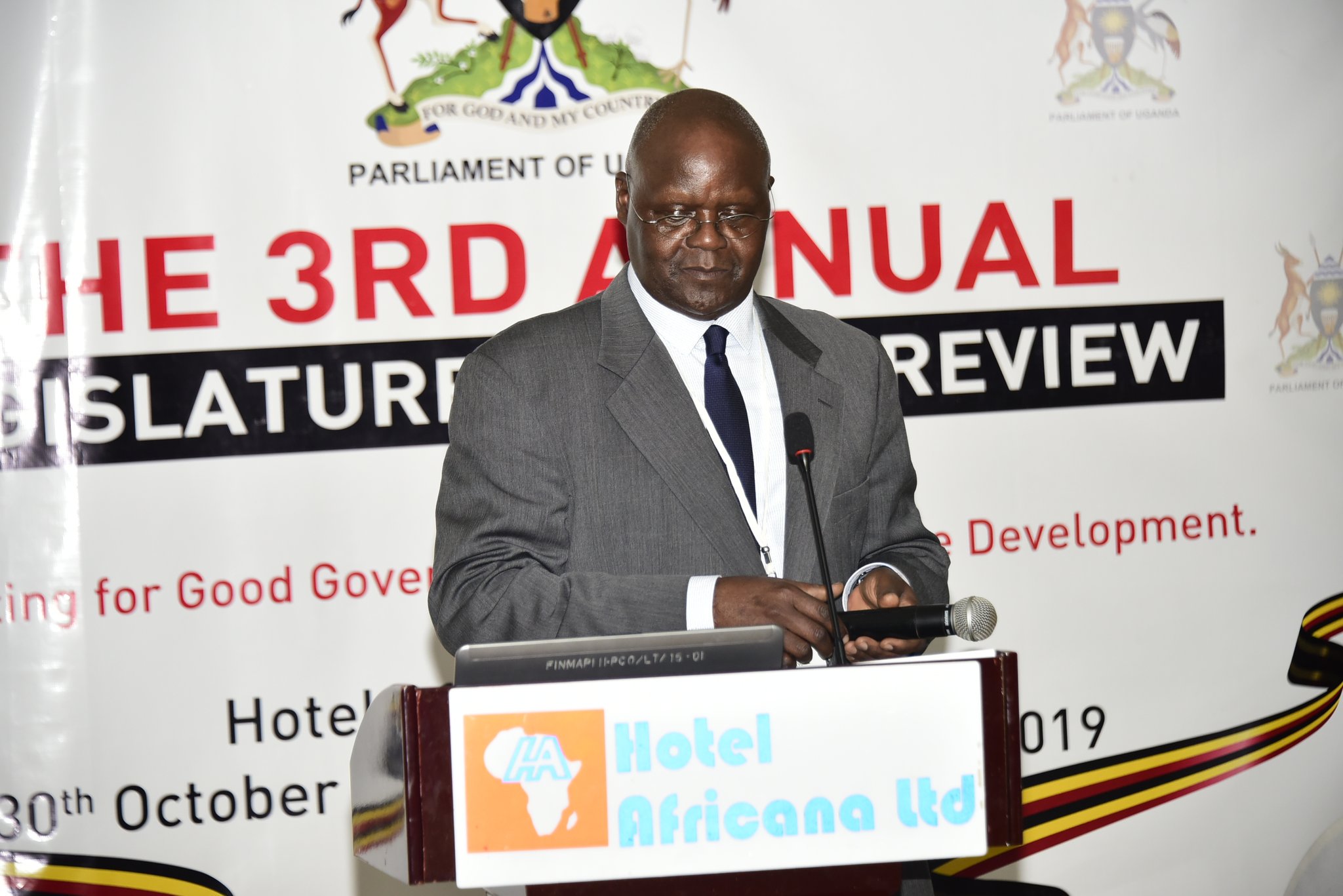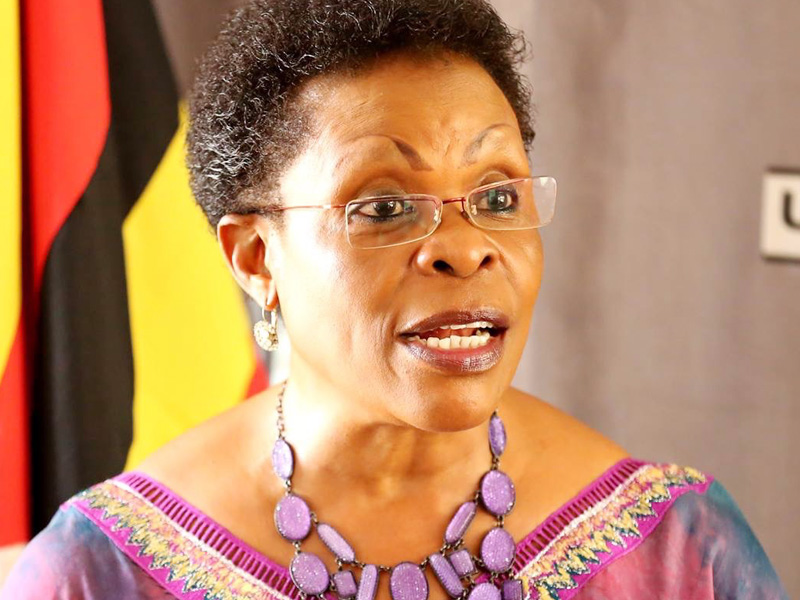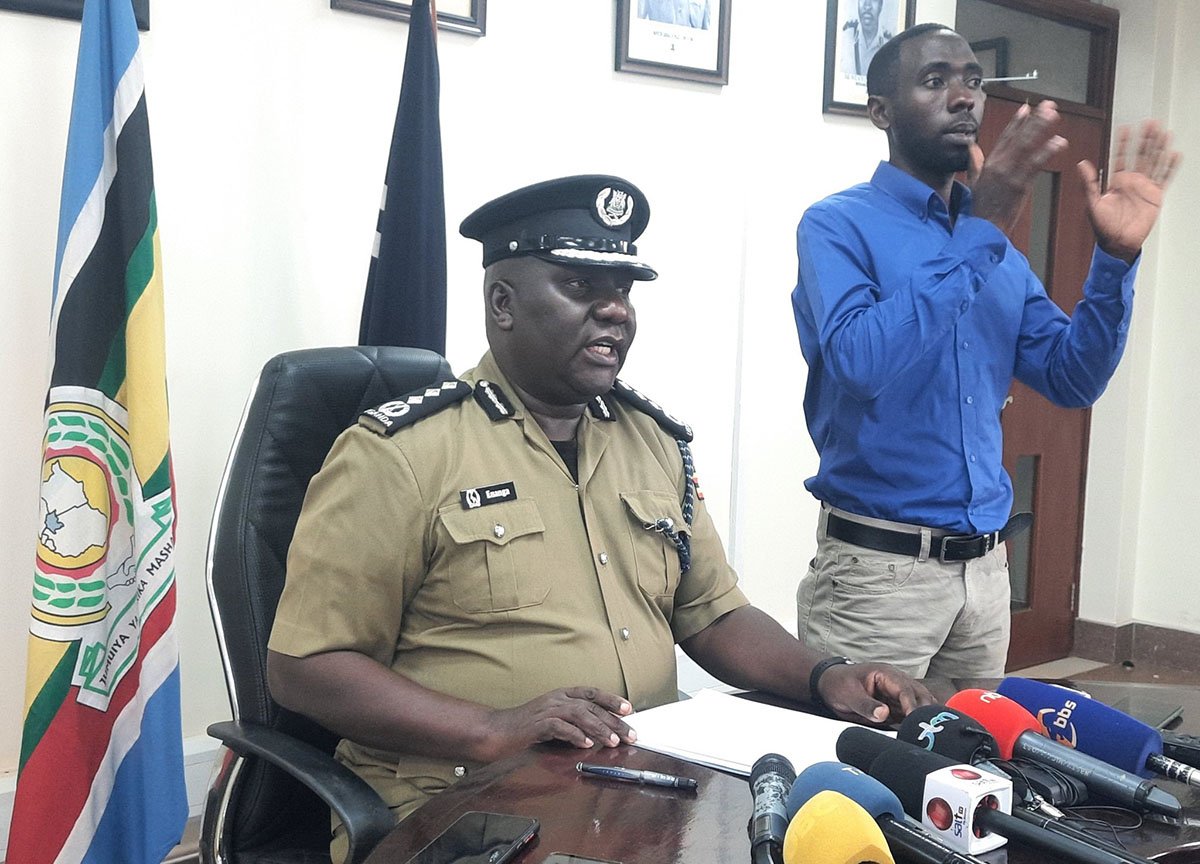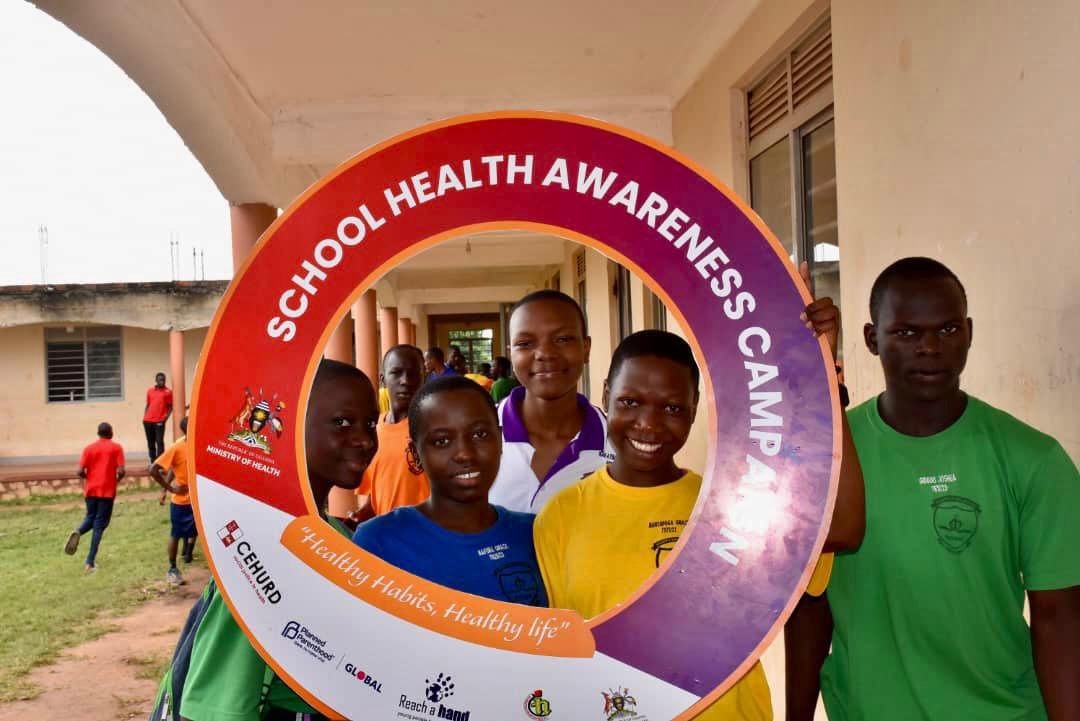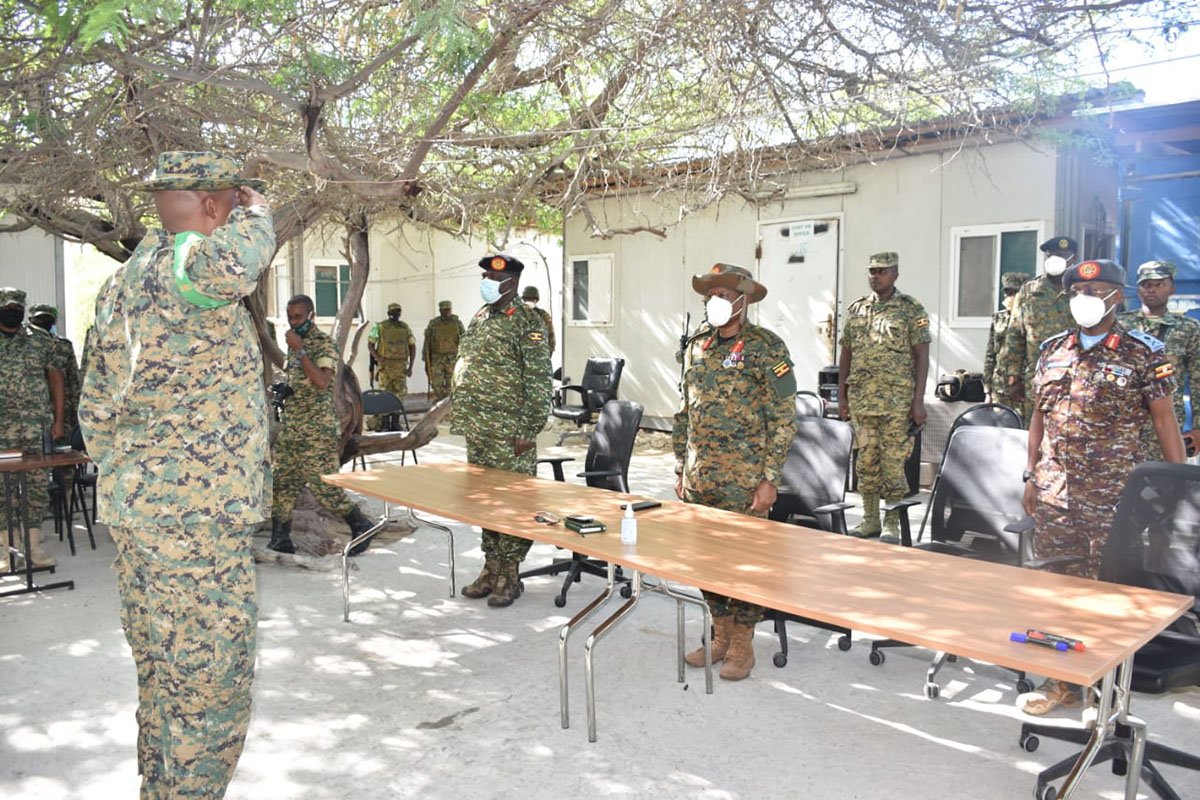MPs and members of the civil society are reviewing the performance of the 10th Parliament, with prominence being given to ways of deepening citizen involvement.
The 3rd Annual Legislative Sector Review, running under the theme, “Legislating for good governance and sustainable development” saw the discussion of MPs pay, the institution’s budget and citizen involvement in the activities of the legislature.
The Clerk to Parliament, Ms Jane Kibirige, said the year’s review is critical as resolutions will feed into the next phase of the sector’s strategic plan.
“The timing and discussions of this 3rd review are critical to the works of Parliament in three ways: first, it focuses on the mid-term performance of the 10th Parliament, feed into the design of the priority areas of the sector and the formulation of the next strategic plan,” said Kibirge.
Prominent in the discussion was the issue of MPs emoluments, which is an emotive issue that has seen Parliament suffer criticism from a section of the public and members of the civil society.
Hon. Jacob Oboth, also Chairperson of the Committee on Legal and Parliamentary Affairs, criticised civil society organisations for habitually bashing MPs on the issue of their emoluments without suggesting alternatives.
“Those who are bashing us do not understand the issue of the independence of Parliament; how do you place the issue of Parliament’s budget under another authority,” he said.
“Parliament currently has 3 per cent of the National Budget and most of its priorities are unfunded, how do you relate that with the criticism we always receive for some of the entitlements we earn?” he added.
The Director of Clerks, Mr Emmanuel Bakwega, suggested an alternative to end the current impasse over budget allocation to MPs.
“I think there should be a way to resolve this issue permanently through legislation and expressly including a certain percentage of the Gross Domestic Product (literally the monetary value of the economy) and then Parliament works within that,” said Mr Bakwega.
MP Hellen Asamo said as people with disabilities, Parliament has done so much with regards to making the institution physically accessible, but that the biggest problem is with access to documents and other services that are needed to aid PWDs.
MPs and stakeholders agreed on the need to enrich Parliament with human and financial resources, which they said are important in as far as getting Parliament closer to the people and dealing with post-legislative scrutiny.
Hon. Agnes Ameede said going forward, Parliament should increase the number of research officers to better the quality of output at Parliament.
The review runs from October 30 2019 to November 1 2019.


